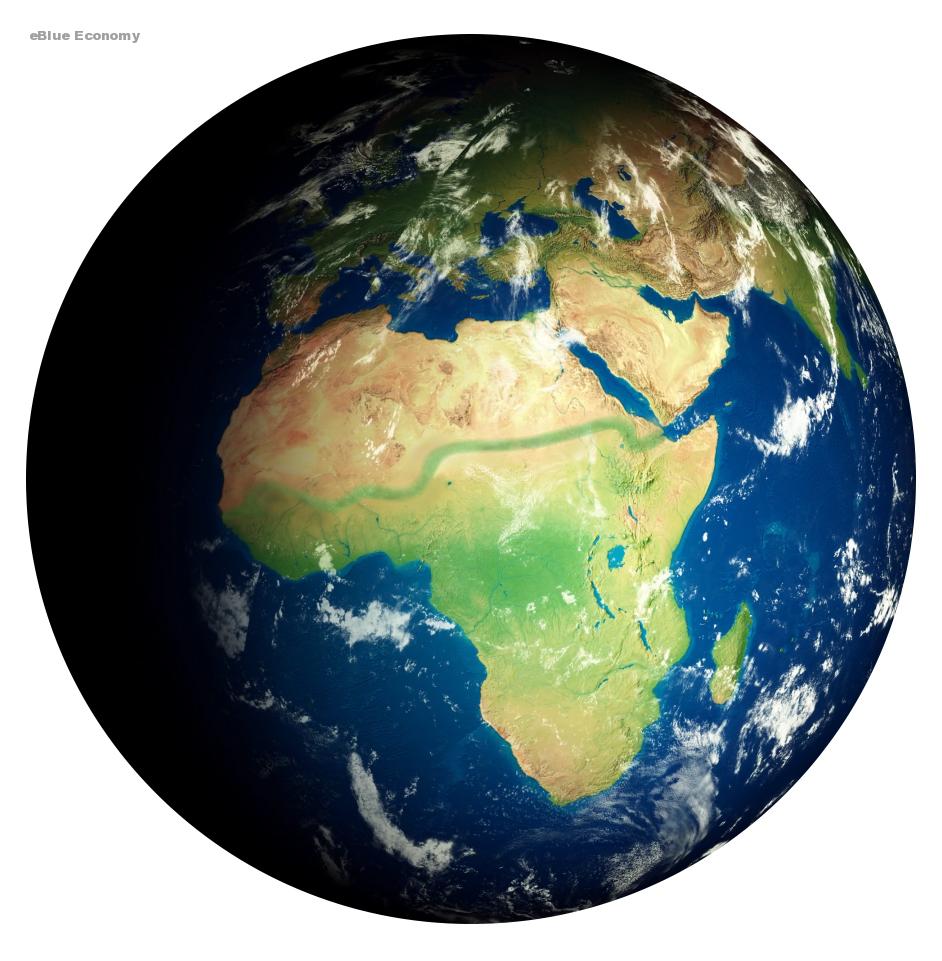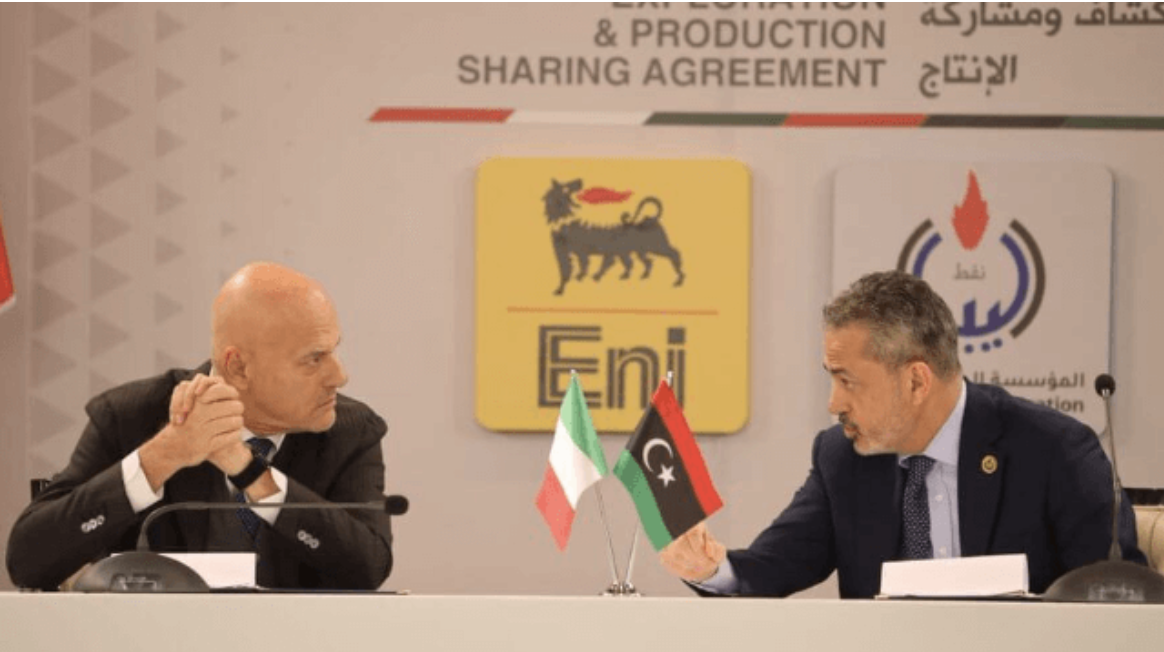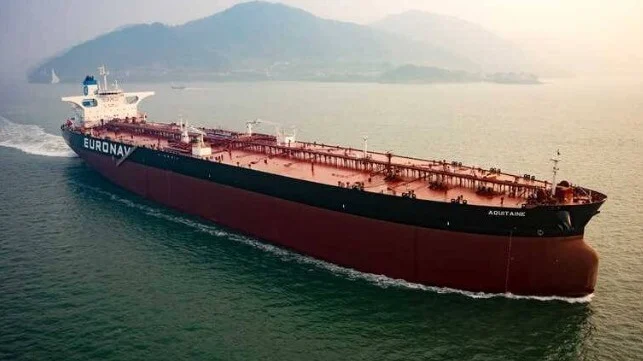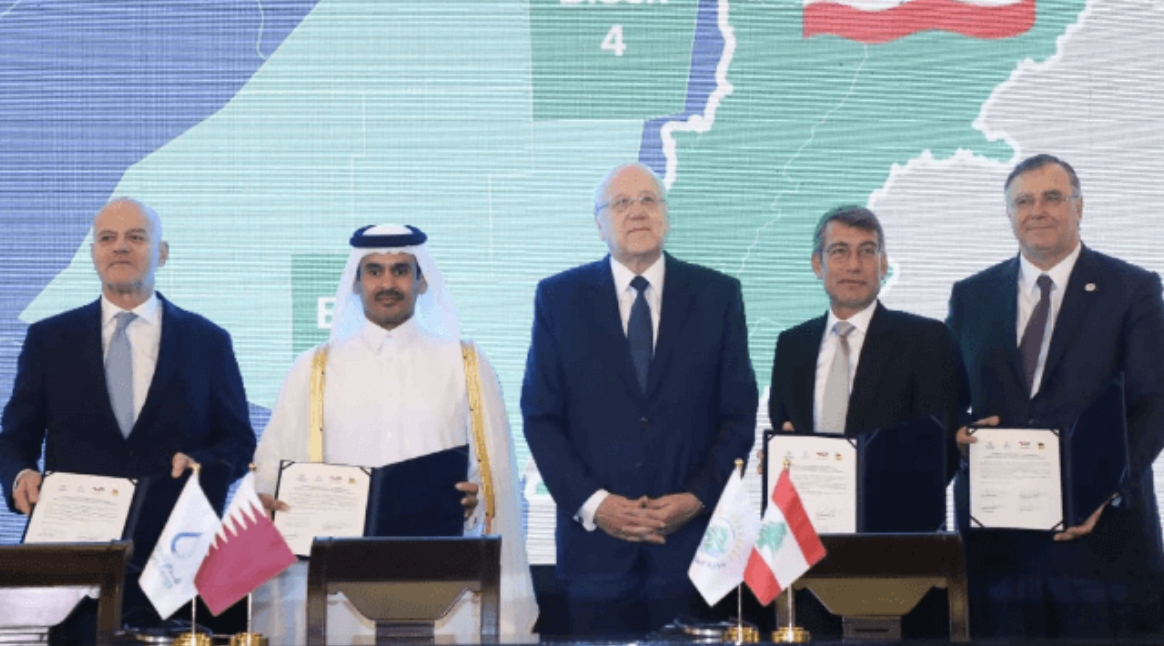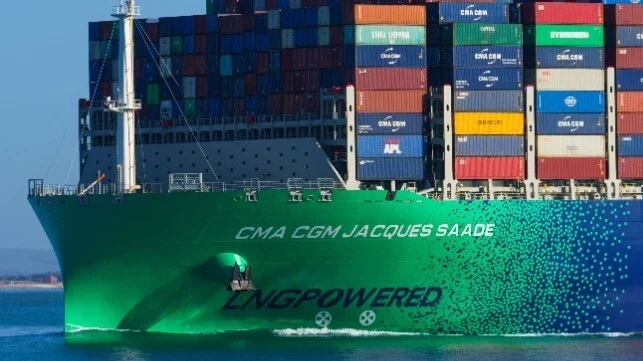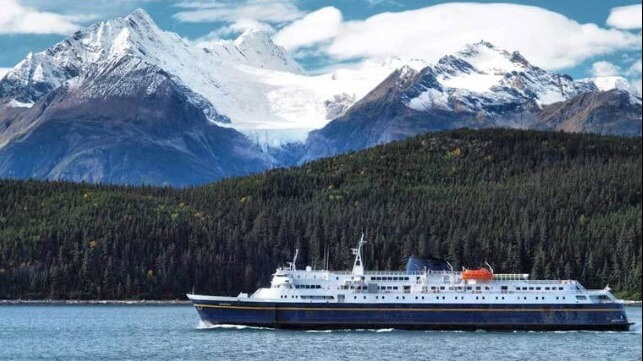Green House emissions are our planet’s major threat with increasing temperature and causing major climate changes and sea-level rise. That global warming is already responsible for some 150,000 deaths each year around the world. It is hard to forecast the death rate but WHO predicts that this could be doubled by 2030.
Overview of Greenhouse Gases
Gases that trap heat in the atmosphere are called greenhouse gases and they are:

In this article, we will focus on Carbon Dioxide as it is the main contributor to Global warming.
CO2 concentrations in the atmosphere are now more than 400ppm – their highest levels in over 800,000 years. Globally we emit more than 37 billion tons of CO2 per year.
China is the world’s largest CO2 emitter (25%); followed by the USA (15%); EU-28 (10%); India (7%); and Russia (5%).
Carbon Dioxide Co2 – caused by burning fossil fuel like Coal, Oil and Gas
Methane CH4 – caused by the production of coal, oil and gas, livestock and other agricultural practices, and decay of organic waste in municipal solid waste landfills.
Nitrous oxide (N2O) – caused by combustion of fossil fuels and solid waste, as well as during treatment of wastewater.
Fluorinated gases (HFCs, PFCs, NF3, SF6): even they are emitted in small quantities they are potent greenhouse gases, they are sometimes referred to as High Global Warming Potential gases. They are emitted through their use as substitutes for ozone-depleting substances (e.g., as refrigerants) and through a variety of industrial processes such as aluminum and semiconductor manufacturing.
The African Continent is one of the biggest producers of world raw materials and still to be lower in C02 emissions most probably due to it is lower industrial activity. For sure that Africa has an opportunity to ride the wave of recent political reform and leadership shifts to boost economic growth. To keep the balance between emission and industrial level adoption of new technologies offered by the 4th industrial revolution to catch up with the rest of the world is the key to success.
Africa’s current strengths seem not to match with the fundamental needs of the fourth industrial revolution that consist mainly of colossal investment capital, research, and development (R&D), and highly skilled talent. However, the ongoing industrial revolution represents an opportunity, if used well, that will enable Africa to become a main player in the world economy.
Africa has more than 40 different nations and around 2,000 languages. Sub-Saharan Africa has six of the world’s 10 fastest-growing economies. North Africa has vast oil and natural gas deposits, the Sahara holds the most strategic nuclear ore, and resources such as coltan, gold, and copper, among many others, are abundant on the continent. Chances and opportunities are countless and it only needs cooperation between all nations and governments.
Amr Heikal – Business Development and Technical
Manager – Kuwait Drilling fluids


